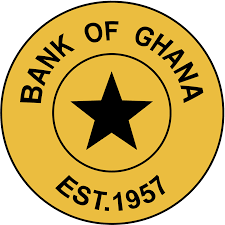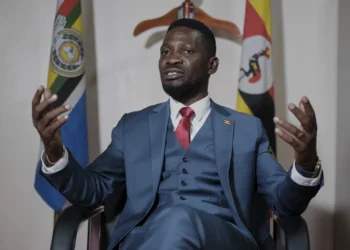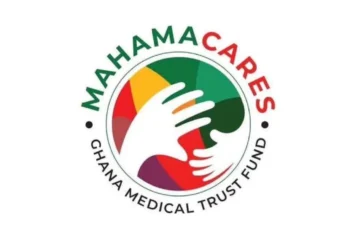With the aim of promoting gender-inclusive financing in Africa, the three days Affirmative Finance Action for Women in Africa (AFAWA) Finance Series has been launched in Ghana to provide a unique platform for stakeholders to discuss pertinent issues regarding access to finance for women entrepreneurs in Africa, a key socio-economic challenge in these times.
In a speech delivered on behalf of the Governor of the Central Bank of Ghana – Dr. Ernest Addison, the governor expressed his full support for the initiative, applauding the efforts of the African Development Bank (AfDB) in promoting more access to finance for women-owned businesses through a number of interventions, including the AFAWA initiative.
Dr. Ernest Addison in his speech stated that in Sub-Saharan Africa, the gender gap in access to finance, according to the World Bank Findex Report of 2021, was at 12 percent, higher than the average of 6 percent for the developing world.
According to Dr. Addison, the gap as of 2021 had widened to 11 percent, compared with 9 percent that had persisted since 2017, although the percentage of women accessing finance had increased from 27 percent in 2011 to 63 percent in 2021.
Despite the critical role of women in economic development, the BoG Governor averred that access to finance has been a major constraint for women-owned businesses.

With an estimated US$42 billion financing shortfall for African women-owned businesses as estimated by the African Development Bank (AfDB) across all value chains, women entrepreneurs encounter various obstacles when accessing finance.
This, he said translates into constrained overall economic growth and resilience, as well as lost opportunities for all.
“Indeed, it is well established by existing literature that improving women access to finance positively impacts consumption levels, increases economic growth and socioeconomic development, promotes financial stability, and improves overall resilience of economies.
“Broadly speaking, promoting gender-inclusive finance serves as a catalyst for rapid, sustainable, resilient economic growth and socio-economic development.”
Dr. Ernest Addison
That notwithstanding, Dr. Ernest Addison disclosed that Ghana has been working for the past years to maximize female access to useful and affordable financial products and services that meet their needs.
He further stated that other government interventions such as credit lines to SMEs through the Ghana Enterprises Agency, the Ghana Women Fund, and others continue to provide a lifeline to women-empowered businesses.
“The market for finance for women-empowered businesses in Africa therefore remains untapped, and holds significant promise for financial institutions and Governments need to tap into. Ghana’s efforts in this regard have been noteworthy, although much remains to be done.
“The Government of Ghana’s National Financial Inclusion and Development Strategy (2017-2022) set out to increase access to finance for women as part of a comprehensive strategy to increase financial inclusion to underpin inclusive macroeconomic growth and development.”
Dr. Ernest Addison

BoG Assures AfDB AFAWA Committe Of Its Firm Support
As a member of the Alliance for Financial Inclusion (AFI), the Bank of Ghana has made commitments under the Denarau Action Plan to advance gender-inclusive finance with emphasis on promoting women’s access, usage and quality of financial services and products.
“We believe that the AFAWA initiative will be critical in supporting the banks with the necessary capacity building and sources of funding to support their efforts at improving more gender-inclusive finance.”
Dr. Ernest Addison

Dr. Addison in his speech assured AfDB-AFAWA committee of BoG’s support to strengthen critical credit market infrastructure, such as its credit bureau-based credit reporting system and its Collateral Registry, to help facilitate lending to MSMEs and women-owned businesses.
“As part of efforts to help the economy recover from the current macroeconomic challenges, and make it more resilient going forward, the partnership between AFAWA, the AGF, and the Ghana Association of Banks is therefore timely and urgent.”
Dr. Ernest Addison
In November 2019, the Bank of Ghana launched Ghana’s Sustainable Banking Principles – a set of seven ESG–related principles, which enjoins banks to among other things promote financial inclusion and gender equity in their internal operations and in relation to their delivery of products and services to clients.
“Banks are currently reporting to the Bank of Ghana on a quarterly basis, in compliance with these principles, and we expect to see higher levels of compliance.”
Dr. Ernest Addison



















